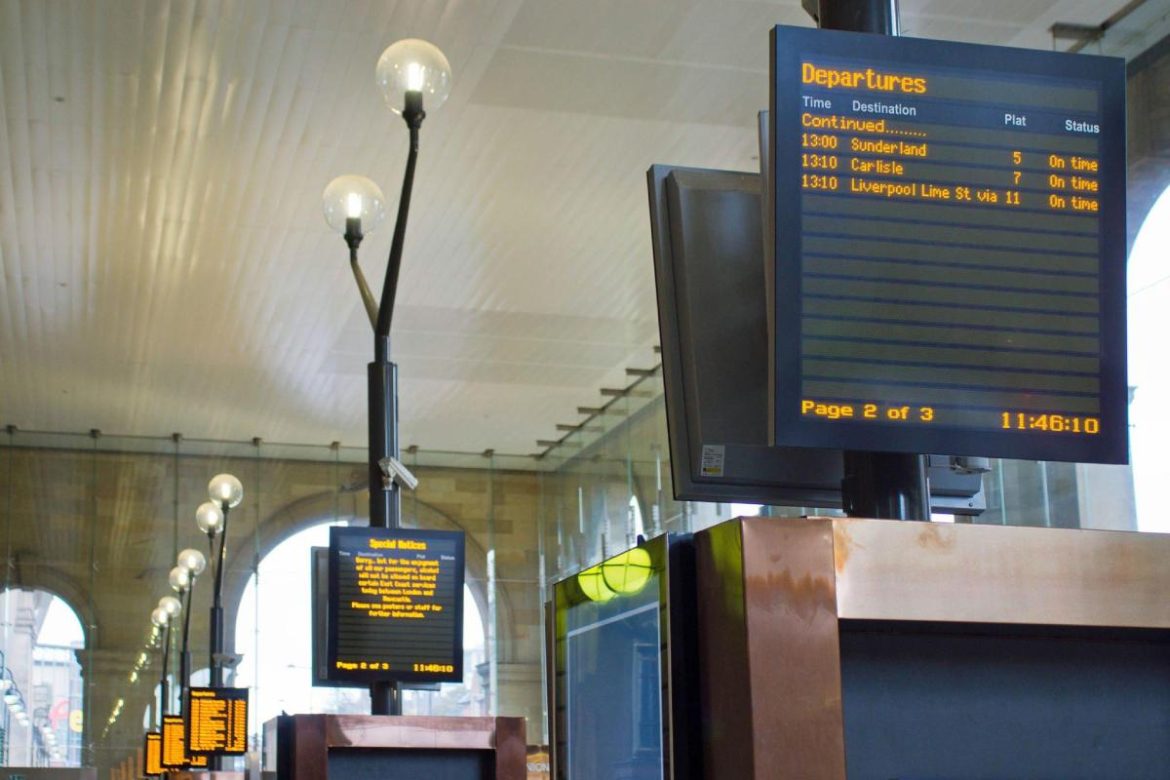Location Data Platforms – Real-time geodata from cell phones is used by location-based services to offer information, entertainment, or security. Customers can check in at restaurants, coffee shops, retailers, concerts, and other locations or events using these services. Companies frequently reward customers who check in at their locations with prizes, coupons, or discounts.
In this article we will discuss how location data platform is an important part for businesses to improve their services.
Table of Contents
Uses of location-based services
1. Store Locators
Retail shoppers can use store locators to find the closest store location fast.
2. Proximity-based marketing
The term “proximity-based marketing” refers to the practise of local businesses pushing advertisements only to people nearby. By identifying potential clients who are likely to take action after receiving the information, location-based mobile data can enhance local marketing campaigns.
3. Travel Information
A location-based service can send real-time information to a smartphone, such as traffic updates or weather forecasts, so the user can make the necessary plans.
4. Roadside assistance
If a user gets a flat tyre or a car accident, many roadside assistance businesses offer an app that enables them to track your precise location so they don’t need to give directions.
5. Mobile workforce management
An LBS enables employees to check in at predetermined places using their mobile devices for logistics-dependent businesses that employ people in the field or at several locations. Companies that manage remote employees frequently rely on geolocation information to make sure employees are where they should be.
6. Fraud prevention
Location-based services help reduce the security risks associated with credit cards. For instance, by connecting a customer’s location to a credit card transaction, an LBS adds an additional layer of protection. By connecting the location of the smartphone to a credit card, the business can identify transactions that took place quickly in numerous different locations.
Who uses location-based services?
Location Data Platforms or Location-based services are used and benefited by nearby businesses and their clients. LBS is used by businesses from a variety of industries to monitor consumer behaviour, offer them pertinent offers and content, and enhance the overall customer experience.
Consumers help location-based services by enabling them to get to their locations, track their physical activities, receive information and timely promotional offers that are relevant to them, facilitate location-specific services like food delivery and ridesharing, and much more.
What are some common types of location-based apps?
Apps for travel and tourism: Location-based travel applications provide users with the best routes, suggestions for nearby points of interest, activities, and events, as well as local weather updates.
Retail apps: With an LBS app, you can maximise proximity-based marketing and assess the effectiveness of your advertising campaigns while directing potential customers to the closest store.
Apps for restaurants and hotels: If you own a restaurant or hotel, you may utilise a food delivery app to offer takeout to your clients. For real-time delivery tracking, status updates, and estimated arrival times, the majority of food delivery apps use LBS. Moreover, a business may notify neighbouring clients of promotional deals.

